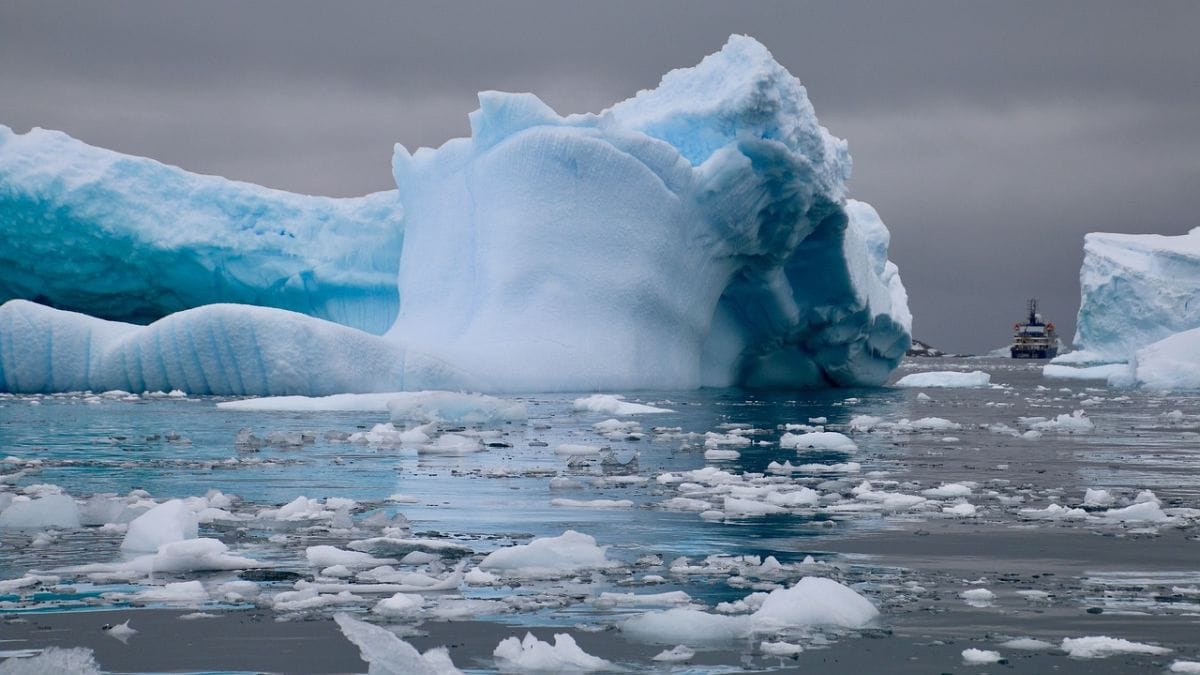The Arctic Ocean may experience its first ice-free day as early as 2027, according to a study published in Nature Communications. Researchers have stated that this significant environmental milestone is inevitable within the next 20 years unless drastic action is taken to reduce greenhouse gas emissions. The study, conducted by climatologists, has utilised advanced simulations to predict the likely timelines for this occurrence, highlighting the rapidly accelerating effects of climate change on the region.
Findings from the Study
The research analysed data using 11 climate models and 366 simulations. These models revealed that even under scenarios of reduced emissions, the Arctic would face an ice-free day, most likely within the 2030s. In the most extreme simulations, this could happen as early as three to six years. Dr Céline Heuzé, a climatology researcher at the University of Gothenburg and the study's lead author, emphasised the importance of understanding the events that might trigger such unprecedented melting, in a statement.
Implications of Sea Ice Loss
Sea ice in the Arctic plays a crucial role in maintaining global temperature balance, regulating marine ecosystems, and driving ocean currents that transport heat and nutrients. The melting of this ice leads to the exposure of darker waters, which absorb more heat, intensifying the warming of the planet in a feedback loop known as the albedo effect. The Arctic is already warming four times faster than the global average,as per reports, a fact that researchers link directly to human-induced greenhouse gas emissions.
The Need for Urgent Action
Alexandra Jahn, climatologist at the University of Colorado Boulder and co-author of the study, highlighted that while the first ice-free day would not result in immediate drastic changes, it would signify the profound alterations in the Arctic's environment. Efforts to address the Arctic's rapid warming are being called for by scientists, who stress the importance of cutting emissions to preserve remaining ice and minimise long-term consequences.
































